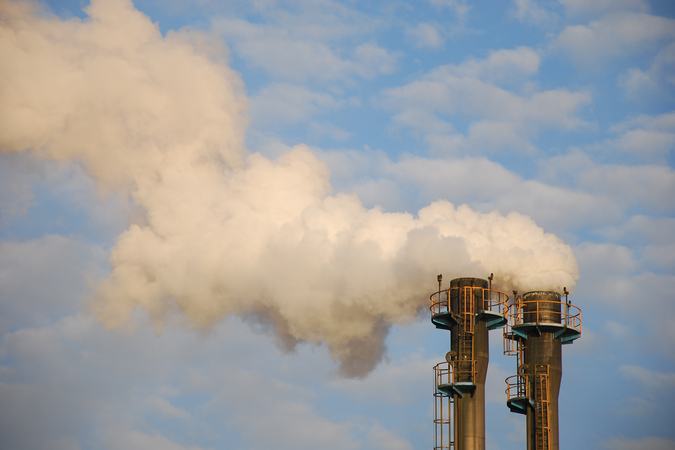The Ancillary Carbon Benefits of SO2 Reductions from a Small-Boiler Policy in Taiyuan, PRC
DownloadTo reduce carbon emissions worldwide, it makes sense to consider the possibility of developed countries paying for carbon reductions in developing countries. Developing countries may be interested in such activities if the ancillary air pollution benefits are large.This paper reports on an RFF survey of the emissions benefits (and costs) of reducing sulfur dioxide (SO2) emissions from small, coal-burning boilers in Taiyuan, an industrial, northern Chinese city that recently banned uncontrolled coal combustion in certain small boilers in the downtown area.We find significant carbon benefits in percentage terms - on the order of 50% to 95% reduction - associated with this SO2 control policy, with large reduction potential elsewhere in Taiyuan and China. While the cost for boilers that switched out of coal was almost $3,600 per ton of SO2 reduced, these ancillary carbon reductions are truly “free” from a social cost perspective.
Authors

Xuehua Zhang





